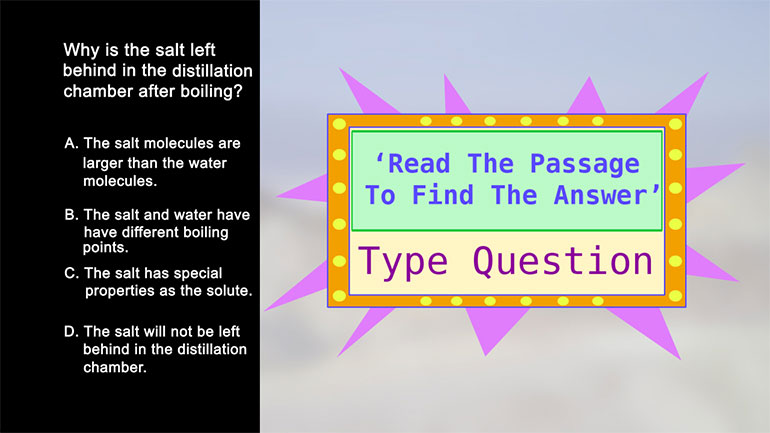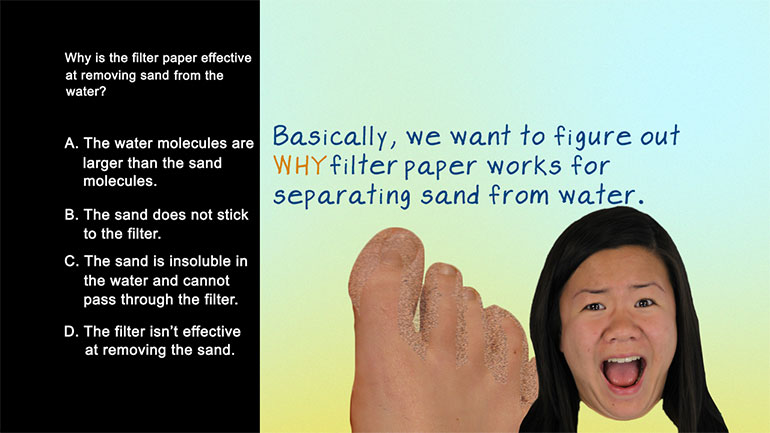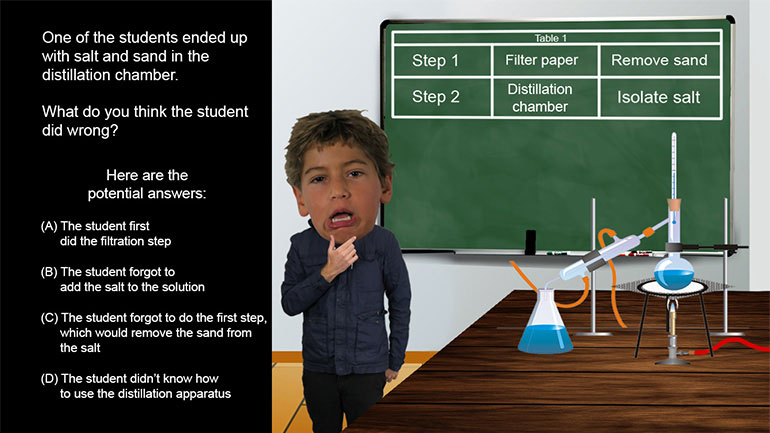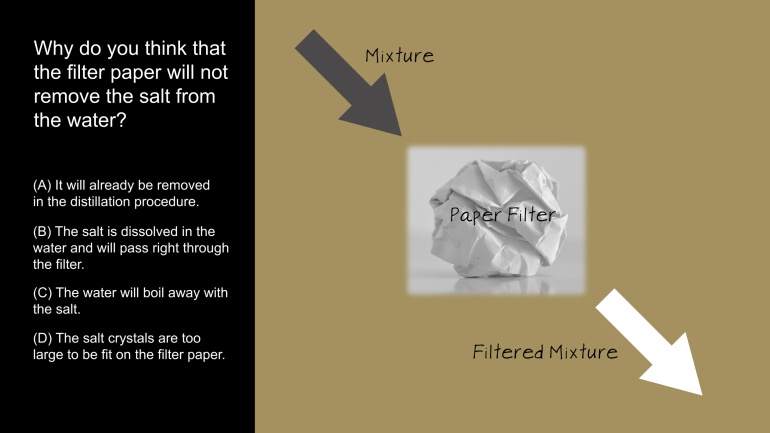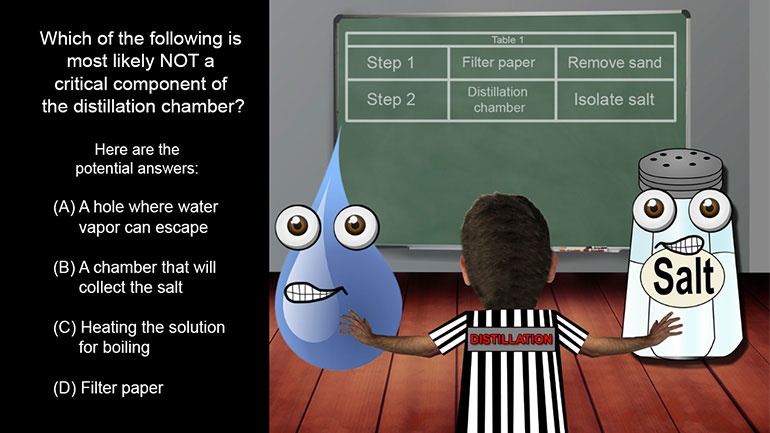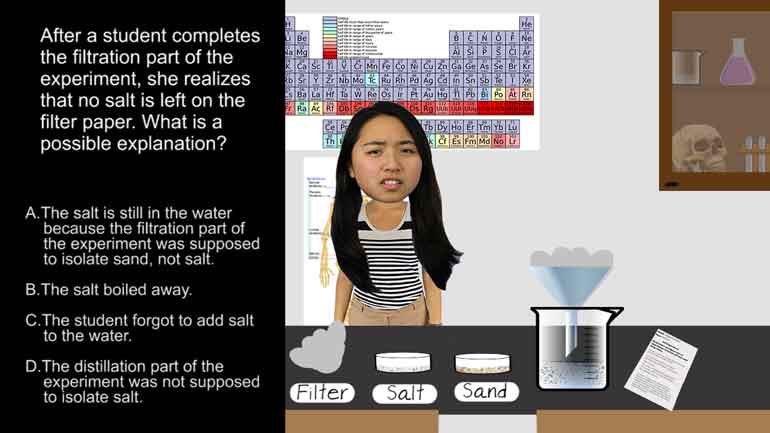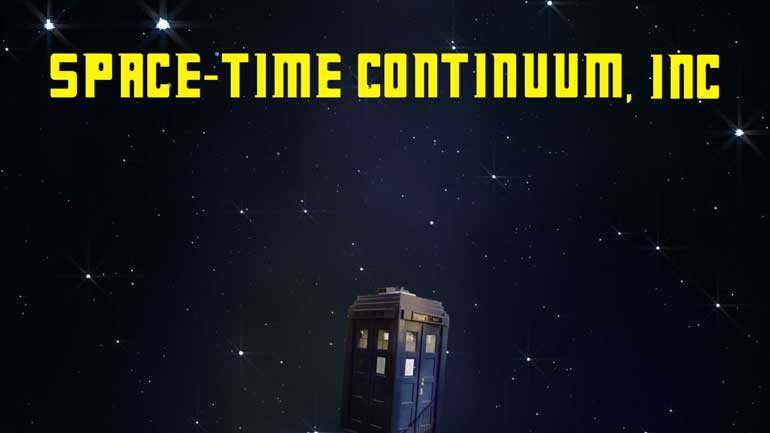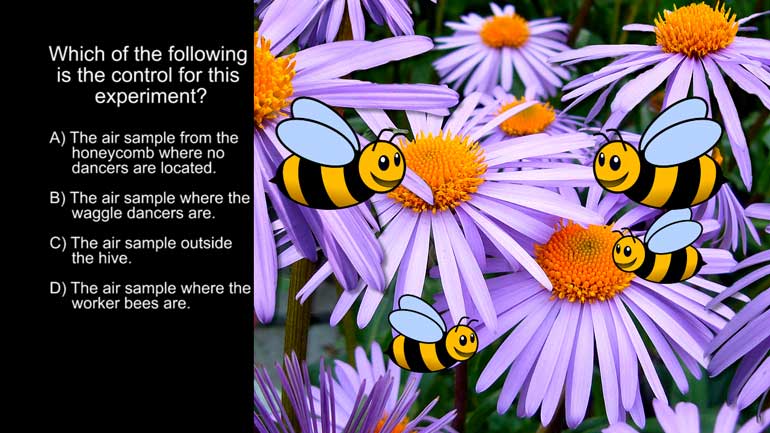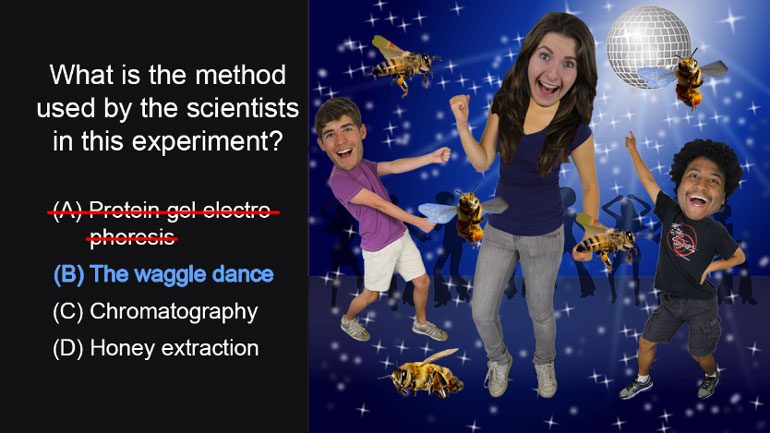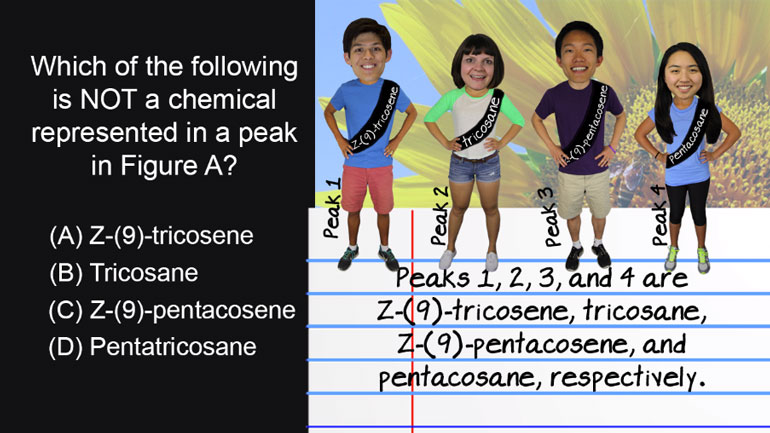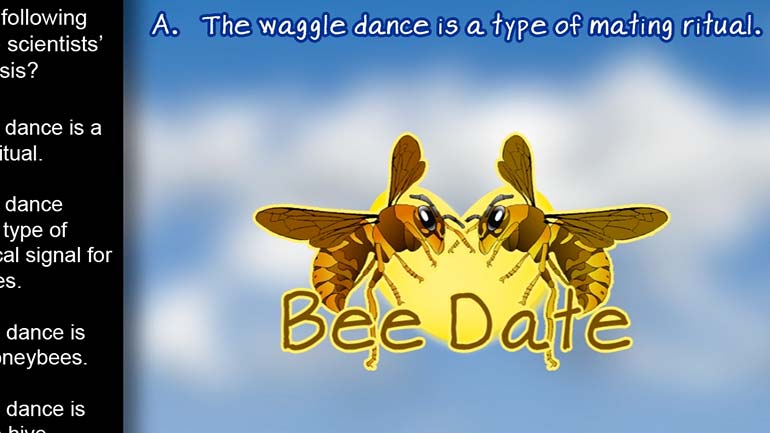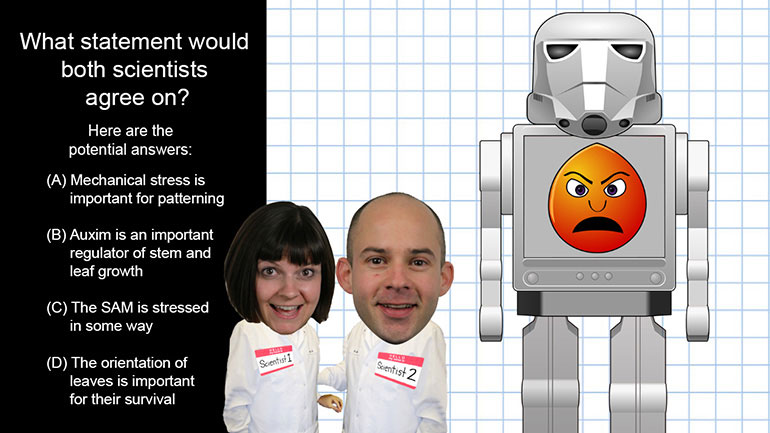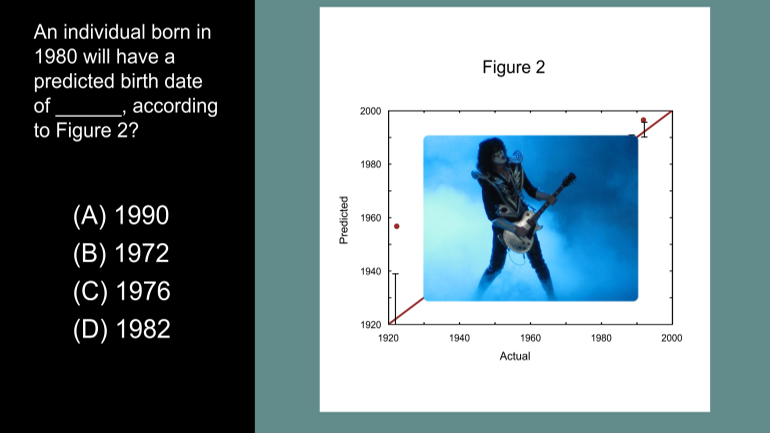ShmoopTube
Where Monty Python meets your 10th grade teacher.
Search Thousands of Shmoop Videos
Chemistry Videos 13 videos
ACT Science: Research Summary Passage Drill 2, Problem 3. Why is the salt left behind in the distillation chamber after boiling?
ACT Science: Research Summary Passage Drill 2, Problem 2. Why is the filter paper effective at removing sand from the water?
ACT Science: Research Summary Passage Drill 2, Problem 5. What do you think the student did wrong?
ACT Science 1.4 Research Summary Passage 208 Views
Share It!
Description:
ACT Science: Research Summary Passage Drill 1, Problem 4. Which of the following is the control for this experiment?
Transcript
- 00:03
Here’s your Shmoop du jour, brought to you by stink lines--
- 00:06
Indicating smells visually for over 60 years.
- 00:10
Here’s a passage about an experiment performed on the communication of honey bees.
- 00:15
Why don’t you “comb” over it?
- 00:21
And our question is: “Which of the following is the control for this experiment?”
Full Transcript
- 00:25
Here are your potential answers…
- 00:30
The question’s asking what the scientists used as a control.
- 00:34
No, not like a joystick. You know, a scientific control.
- 00:37
Let’s go back to Science 101 for a second.
- 00:39
The “control group” or “control” in a scientific experiment is a test sample
- 00:44
that is separate from the variable being tested. For example, if we’re developing a new plant
- 00:50
food and we wanted to analyze its effects, we’d grow two identical plants with water
- 00:55
and sun, and only test the food on one of them.
- 00:58
The water-only plant would be our “control group” that we could use to compare the
- 01:02
effect of our plant food on the other. That makes perfect sense.
- 01:05
To find things that stand out—in this case, the scent created by certain bee dances--
- 01:10
the scientists needed a control:
- 01:11
a sample of air that was not exposed to such delightful, albeit stinky, dancing.
- 01:17
The passage says figure A is a sample that was taken of air near the dance floor.
- 01:22
That’s where they’re looking for the variable scent, so that’s not the control.
- 01:27
The control would be the sample in figure B, which was taken somewhere else:
- 01:31
where there were honey and bees present, but no dancing.
- 01:34
Of the four possible answers, A is our match.
- 01:37
That’s A as in “Absolutely Adorable Appetite-Activating Articulation”
- 01:42
…or, “Alliteration.”
Related Videos
ACT Science: Conflicting Viewpoint Passage Drill 1, Problem 1. What statement would both scientists agree upon?
ACT Science: Research Summary Passage Drill 2, Problem 1. Why do you think that the filter paper will not remove the salt from the water?
ACT Science Data Representation Passage: Drill 3, Problem 5. According to Figure 2, what birth date will be predicted for an individual actual...
ACT Science: Data Representation Passage Drill 1, Problem 2. Which of the following is a variable in Figure 1, but not in Figure 2?
ACT Science: Data Representation Passage Drill 1, Problem 1. What do the statistics in Figure 1 suggest?
